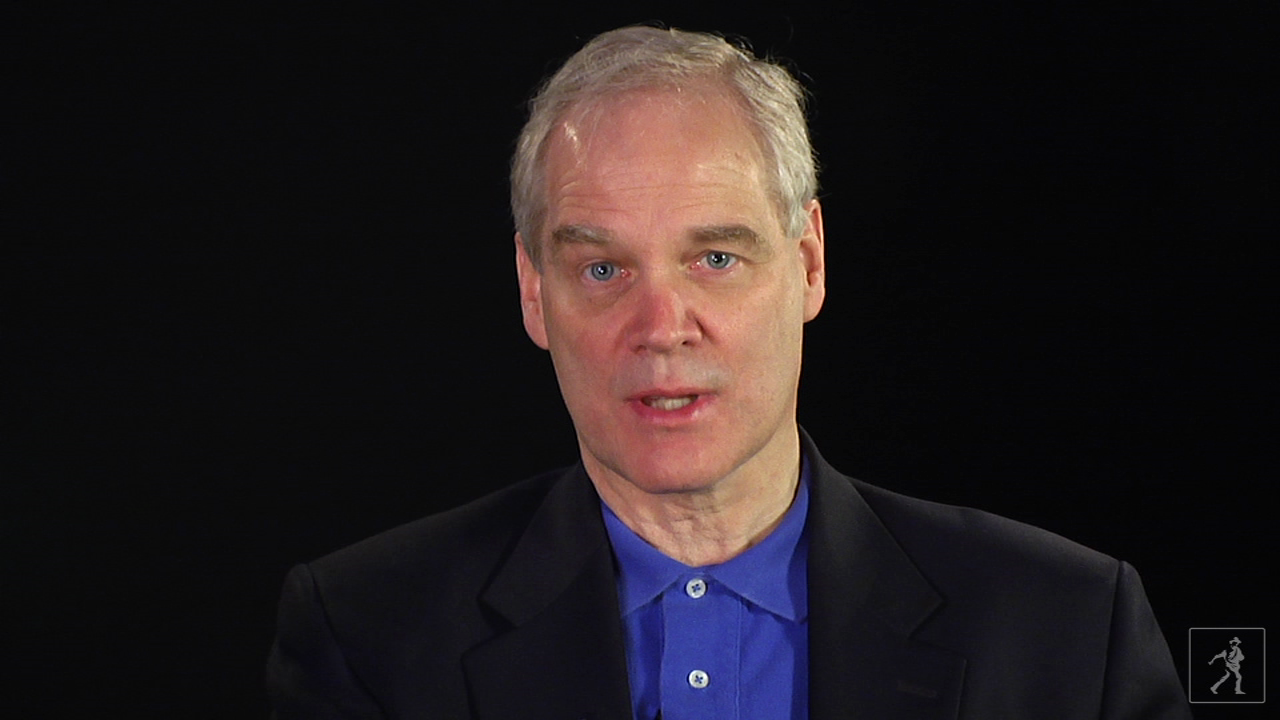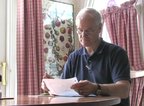Plus, receive recommendations and exclusive offers on all of your favorite books and authors from Simon & Schuster.
Table of Contents
About The Book
Natalie's best friend, Zoe, is sure that the novel Natalie's written is good enough to be published. But how can a twelve-year-old girl publish a book? Natalie's mother is an editor for a big children's publisher, but Natalie doesn't want to ask for any favors.
Then Zoe has a brilliant idea: Natalie can submit her manuscript under a pen name, with Zoe acting as her literary agent. But it's not easy for two sixth graders to put themselves over as grown-ups, even with some help from a couple of real grown-ups who are supportive but skeptical. The next bestselling school story may be in their hands—but can Natalie and Zoe pull off their masquerade?
Reading Group Guide
Get a FREE ebook by joining our mailing list today! Plus, receive recommendations for your next Book Club read.
The School Story is a novel about the power of friendships, specifically the one between best friends Natalie Nelson and Zoe Reisman. But other friendships (obvious and not so obvious) are also explored in this story. Identify the different friendships included in the story and discuss them. What is your definition of a "friend"? Is it possible to have friendships with your parents, your relatives, your coworkers, and your teachers?
Natalie and Zoe have a "push and pull friendship." What does this mean? Do you think Natalie and Zoe's friendship is stronger because they are so different from each other? Which girl would you most likely become friends with: Natalie or Zoe? Why?
The topics of cheating and fairness are explored throughout this book. Natalie is initially dubious about adopting a pseudonym to submit "The Cheater" to Shipley Junior Books; she feels like she's cheating by doing so. Do you agree? Do you think it's fair that Natalie is able to use her contacts to get immediate attention for her book while numerous other manuscripts linger on the "slush pile" for months? Would you do the same if you were in her position?
Ms. Clayton is initially wary about getting involved with Natalie and Zoe's plan, but she decides to forge ahead anyway. Do you ever doubt that this is a good decision on Ms. Clayton's part? How does helping the girls with their project help Ms. Clayton in the end?
Why do you think Zoe works so hard to get Natalie's book published? Do you think the book would have been published without Zoe's resourcefulness and determination?
Sometimes taking risks in life is necessary in order to grow as a human being. Other than Natalie and Zoe, identify the characters who take risks in The School Story. Why do they take these risks, and what is the outcome? How do these risks contribute to their self-discovery?
The father/daughter bond is a prevalent theme in The School Story. Natalie writes "The Cheater" to feel closer to her late father. But how does she in reality become closer to her mother by writing the novel? How does Natalie's relationship with her mother change over the course of the book? What other father/daughter bonds are explored?
Andrew Clements writes in The School Story that "some people are talkers, and some people are writers." Which are you, and why?
Activities and Research
Research the children's publishing industry. Read back issues of Publishers Weekly online (www.publishersweekly.com) or at the library. Log on to the Internet to do additional research about the various children's publishers. The Children's Book Council Web site (www.cbcbooks.org) is a good place to start. How many children's publishers exist? What are the editorial guidelines for each company? Discuss what you learn from your research.
Find out about authors who currently write under pseudonyms. Can you discover why they adopt pen names and do not use their real names? If you assumed a pseudonym, what would it be, and why?
Based on the information provided in The School Story, make a chart that shows the different jobs people do in a publishing house. Did you realize that there were so many people involved with the creation of a single book? Which job discussed in The School Story intrigues you most?
Invite a local children's book author or illustrator to come to your school to talk about his or her experiences writing books for children. Attend a book signing by an author or illustrator at a local bookstore.
About The Illustrator
Brian Selznick is the author and illustrator of the bestselling The Invention of Hugo Cabret, which was awarded the Caldecott Medal and was a National Book Award finalist. He is also the illustrator of many books for children, including Frindle and Lunch Money by Andrew Clements, as well as the Doll People trilogy by Ann M. Martin and Laura Godwin, and The Dinosaurs of Waterhouse Hawkins by Barbara Kerley, which was a Caldecott Honor Book. Mr. Selznick divides his time between Brooklyn, New York, and San Diego, California.
Product Details
- Publisher: Atheneum Books for Young Readers (August 1, 2002)
- Length: 224 pages
- ISBN13: 9780689851865
- Ages: 8 - 12
Browse Related Books
Awards and Honors
- Indian Paintbrush Book Award Nominee (WY)
- Nutmeg Book Award Nominee (CT)
- Californa Young Reader Medal
Resources and Downloads
High Resolution Images
- Book Cover Image (jpg): The School Story Trade Paperback 9780689851865(1.0 MB)
- Author Photo (jpg): Andrew Clements Photo Credit:(0.1 MB)
Any use of an author photo must include its respective photo credit

























